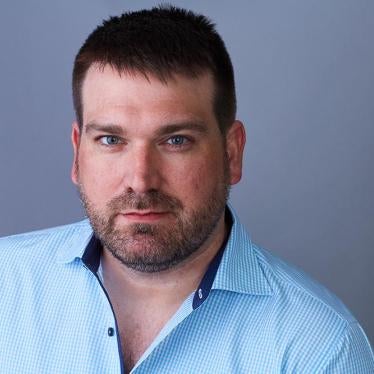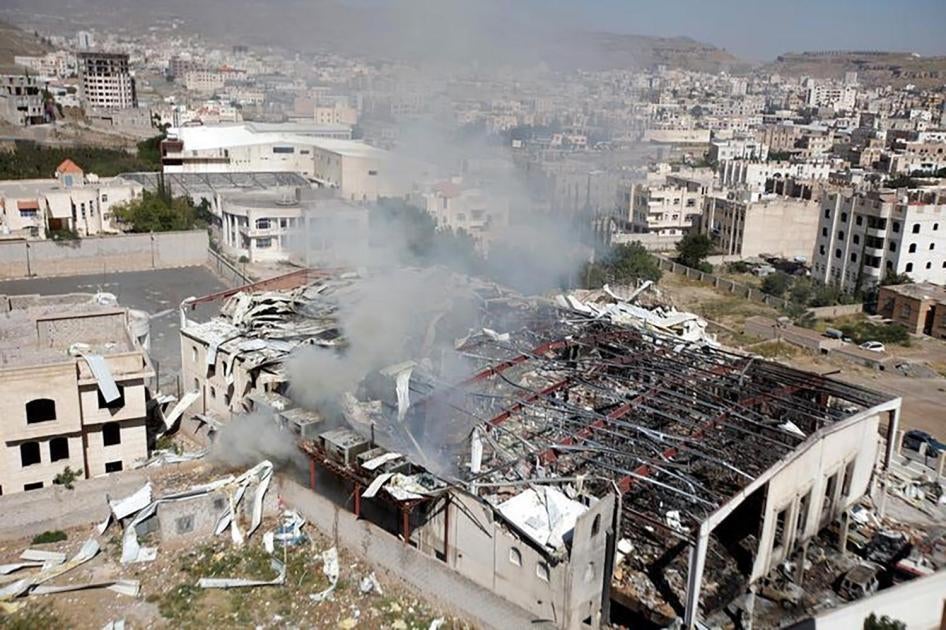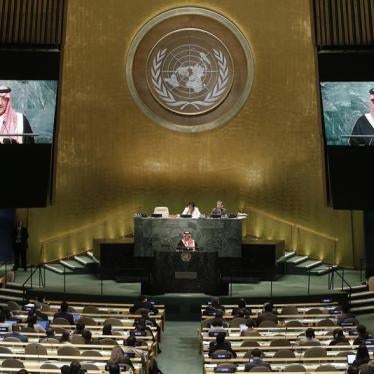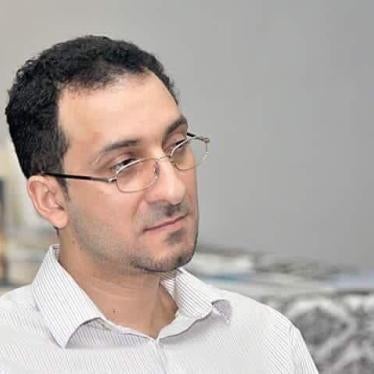Global investors are no doubt closely following what is billed as the world's largest initial public offering with Saudi Aramco’s plans to float in 2018. Yet as investors weigh putting money into a state-controlled oil company, they should worry about whether they could subsidize Saudi war crimes in Yemen. The traditional opacity of Saudi institutions means they may never know.
The Saudi narrative is clear. Deputy Crown Prince Mohammad bin Salman is leading an ambitious transformation plan to diversify Saudi Arabia’s economy. This initiative represents a radical break from the country’s conservative past, which relied for decades on oil income for government revenues and enabled the state to offer generous subsidies to its citizens with minimal taxation.
The media are reporting that Saudi Arabia seeks to sell off up to five percent of Saudi Aramco in the anticipated IPO. Experts suggest that the value of the company is between $1 trillion and $1.5 trillion, making it by far the world’s largest ever initial public offering.
The proceeds of the sale are slated to go to its Public Investment Fund, a sovereign wealth fund that, under Prince Mohammad’s Vision 2030 economic plan, would become the largest fund of its kind in the world and promote diversification of the country’s economy by “creating an environment attractive to financial, investment and other corporations.”
One major concern for investors should be the management of the sovereign wealth fund and what kinds of investments it will make. Saudi Arabia has made no secret of the fact that it plans to develop a domestic weapons industry, with Vision 2030 specifically calling for localizing defense industries.
That should give pause to investors while Saudi Arabia is fighting a brutal conflict in Yemen. At least 4,773 civilians have been killed and 8,272 wounded since March 2015, when the Saudis and a coalition of Arab countries launched a military campaign to try to restore the ousted government to power after the Houthis, a northern rebel group, took over the capital and other parts of the country.
The “single largest cause of civilian casualties” has been the coalition’s airstrikes, according to the UN. Human Rights Watch has documented 81 apparently unlawful coalition attacks since the start of the conflict, some of which may amount to war crimes, that have killed hundreds of civilians, and hit civilian areas, including markets, schools, hospitals, and homes.
The military campaign has also exacerbated and deepened a humanitarian catastrophe in Yemen. The number of people who need food aid has risen by three million in seven months, with an estimated 17.1 million people – more than two-thirds of the entire population– now struggling to feed themselves, according to the UN. Millions are on the brink of famine.
The conduct of the Saudi-led coalition has made some of its Western weapons dealers uncomfortable, including the US, which under the Obama administration temporarily suspended the sale of nearly US$400 million of weapons to Saudi Arabia due to concerns about the civilian casualties in Yemen. While the Trump administration reversed the temporary halt and announced $110 billion in arms sales to Saudi Arabia when in Riyadh, other countries such as the UK and Germany have also come under increasing scrutiny over major weapons deals to Saudi Arabia.
The creation of a domestic arms industry could enable Saudi Arabia to shrug off even the limited external pressure on the coalition to stop its unlawful attacks.
There are also concerns over whether Prince Mohammad’s plan can deliver on its own promises. For example, Vision 2030 says that Saudi women are a “great asset” and promises to “enable them to strengthen their future and contribute to the development of our society and economy.” The plan promises to reduce women’s unemployment, but does not pledge to put an end to the regulations and practices that keep women from working in the first place.
Saudi women are subject to the male guardianship system, under which they cannot get a passport, marry, or travel without the approval of a male guardian, usually a husband, father, brother, or even a son. The government does not require guardian permission for women to work, but many employers do.
A woman may be educated and well-qualified to work in a Fortune 500 company opening an office in Riyadh, but she will be hard-pressed to join if her father or husband objects, or if the employer does not wish to set up a “women-only” office section. Even if she overcomes these hurdles, she still cannot drive herself to work, or anywhere else, and cannot travel abroad for conferences without a man’s permission.
On top of these concerns, there should be serious questions over the transparency of the new sovereign wealth fund. In 2015, the Open Budget Index, an independent, comparative measure of central government budget transparency, ranked Saudi Arabia dead last, receiving a score of 0 out of 100, in a metric that measures the extent to which the government provides the public with timely access to comprehensive budget information. If Saudi Arabia applies the same lack of transparency to its sovereign wealth fund, investors will most likely never know where their money goes.
Investing in Saudi Arabia is an attractive option given the country’s oil wealth, but investors should know whether their money will be used to build an arms industry for an abusive military. Aramco may claim Saudi Arabia’s conduct in Yemen or its treatment of women is irrelevant to its IPO, but investors need to be sure.










